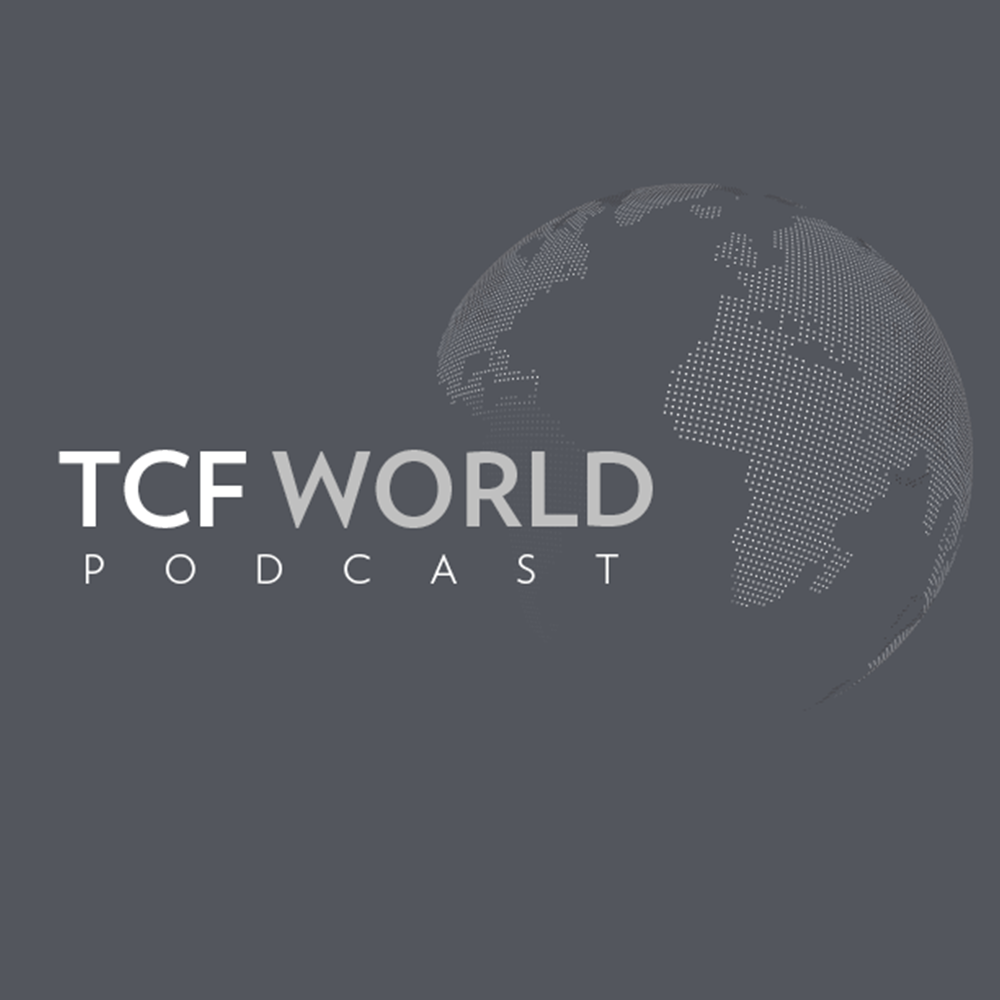- Other
- SEE MORE
- classical
- general
- talk
- News
- Family
- Bürgerfunk
- pop
- Islam
- soul
- jazz
- Comedy
- humor
- wissenschaft
- opera
- baroque
- gesellschaft
- theater
- Local
- alternative
- electro
- rock
- rap
- lifestyle
- Music
- como
- RNE
- ballads
- greek
- Buddhism
- deportes
- christian
- Technology
- piano
- djs
- Dance
- dutch
- flamenco
- social
- hope
- christian rock
- academia
- afrique
- Business
- musique
- ελληνική-μουσική
- religion
- World radio
- Zarzuela
- travel
- World
- NFL
- media
- Art
- public
- Sports
- Gospel
- st.
- baptist
- Leisure
- Kids & Family
- musical
- club
- Culture
- Health & Fitness
- True Crime
- Fiction
- children
- Society & Culture
- TV & Film
- gold
- kunst
- música
- gay
- Natural
- a
- francais
- bach
- economics
- kultur
- evangelical
- tech
- Opinion
- Government
- gaming
- College
- technik
- History
- Jesus
- Health
- movies
- radio
- services
- Church
- podcast
- Education
- international
- Transportation
- kids
- podcasts
- philadelphia
- Noticias
- love
- sport
- Salud
- film
- and
- 4chan
- Disco
- Stories
- fashion
- Arts
- interviews
- hardstyle
- entertainment
- humour
- medieval
- literature
- alma
- Cultura
- video
- TV
- Science
- en
Iraqs Militia Problem and A Dangerous Point in Syria

Iraq\u2019s Popular Mobilization Units played a pivotal role in defeating the Islamic State and are positioned to reap a greater share of power in the upcoming May elections. Fanar Haddad argues that the militias \u2014 while newly popular \u2014\xa0are an old phenomena. Iraq has struggled to consolidate state authority and grapple with militia politics at least since Saddam Hussein was toppled in 2003. Today\u2019s problems are thorny, but don\u2019t necessarily mark a watershed.\nAlso in this episode, Aron Lund discusses the latest developments in Syria, where a war that is supposed to be entering its final phase is presenting new dangers. A complicated standoff in the north, around the town of Afrin, has brought NATO allies Turkey and the United States to the brink of conflict. Russia provides a slim, and unlikely, bulwark against further internationalization of Syria\u2019 war. A siege of the rebel enclave of eastern Ghouta, in the Damascus suburbs, threatens still more harm to civilians, unless the international community plans for the defeat of their allies. The new phase in Syria\u2019s war is proving as deadly, and risky, as all the previous ones.\nRead Fanar Haddad\u2019s analysis of the Iraqi militias here, Aron Lund\u2019s commentary on the crisis in eastern Ghouta here, and his exploration of Syria\u2019s war economy through a single cement factory here. \nParticipants include:\nFanar Haddad, senior research fellow, Middle East Institute, Singapore\nAron Lund, fellow, The Century Foundation\nThanassis Cambanis, senior fellow, The Century Foundation